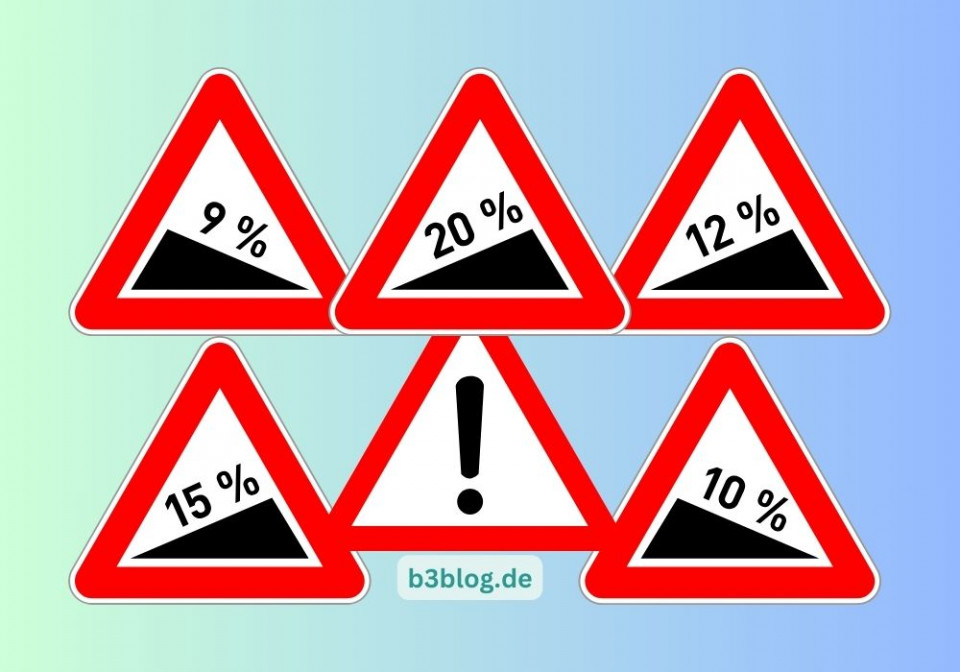AI in the EU
Artificial intelligence (AI for short) has been on everyone's lips for a year now. AI already existed before, but it is only in recent months that the general public has become aware of the importance of AI for all of us. Predicting how the use of AI will influence and change the world of work would be like looking into a crystal ball. Nobody has clairvoyant abilities. What is clear is that the digital world is undergoing a rapid development process. The internet has opened up many new avenues but, as we have all experienced in one way or another, it is not a perfect paradise. Laws should ensure that the digital world is not a legal vacuum.
European proposals for regulation
Back in April 2021, the EU Commission presented an AI package that aims to establish a legal framework for artificial intelligence and develop a strategy to promote AI in Europe. It goes without saying that AI must be trustworthy if it is to be put to good use. There is a long way to go to achieve trust, and it should be clear that no real progress will be possible without a regulatory framework. (It is to be hoped that the path will not be suffocated by too many ordinances and regulations).
Research and industrial capacities are to be strengthened and promoted, while security and fundamental rights are to be guaranteed. In January 2024, the Commission announced further measures to improve the handling of the major topic of AI. The focus is on safety and transparency - and on the human dimension. A more detailed timeline of the steps taken so far can be found on the official website for the Artificial Intelligence Act.
Potential in global competition
The legal framework envisaged by the EU should provide clarity for both AI developers and AI users. The EU wants to develop an approach to promote excellence in the broad field of AI in order to strengthen Europe's potential in global competition. Ultimately, this also means that AI should serve the good of society. For this to succeed, all EU member states must work together and coordinate their efforts - an ongoing and not always easy process, but certainly a worthwhile one.
Anyone looking for concrete approaches and funding opportunities can already find offers such as Horizon Europe - the European framework program for research and innovation - and the EU's Digital Europe (DIGITAL) funding program, which supports digital technologies for companies, citizens and public administrations.
At the same time, initiatives relating to the cyber security strategy and the Data Governance Act are being expanded and further developed.


